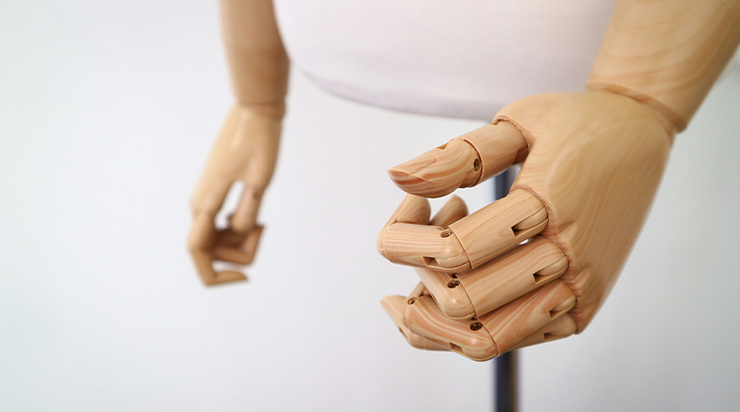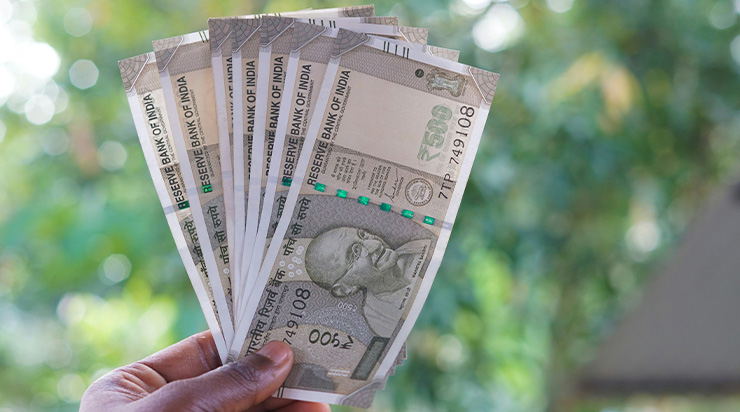India’s startup ecosystem is among the fastest-growing in the world—and assistive technology is finally getting a piece of that momentum. Dozens of AT-focused startups have emerged in the last five years, driven by innovation, empathy, and opportunity.
Take Trestle Labs, which created a real-time reading assistant for the visually impaired. Or Inali Foundation, known for affordable 3D-printed prosthetics. Then there’s Torchit, producing smart canes that vibrate with obstacle alerts. These companies are reimagining disability access across India.
Despite their promise, many startups struggle with prototyping costs, user testing, and navigating government compliance. Often, devices are ready—but funding and public procurement delays stall their impact.
Aatma hopes to create an incubation arm that provides early mentorship, connects investors, and supports field testing across rural and urban pilot sites.

Creating a Scalable AT Ecosystem
Most AT startups don’t aim for unicorn status—they aim for impact. But that doesn’t mean they shouldn’t scale. There’s a global demand for low-cost, functional AT, especially from Africa, Southeast Asia, and Eastern Europe.
For scale, these startups need exposure to supply chains, certification pathways, and distribution partners. Events like India International Science Festival or EnableMakeathon are helping—but more is needed.
Aatma wants to host AT demo days, investor summits, and even startup awards to bring visibility and viability to this space.
“Startups in assistive tech aren’t building the next social app—they’re building solutions that change lives every day. They deserve every bit of support.”
AT startups are solving real-world problems. With the right push, they can grow into forces of global good—and Aatma will be there to amplify their path.




